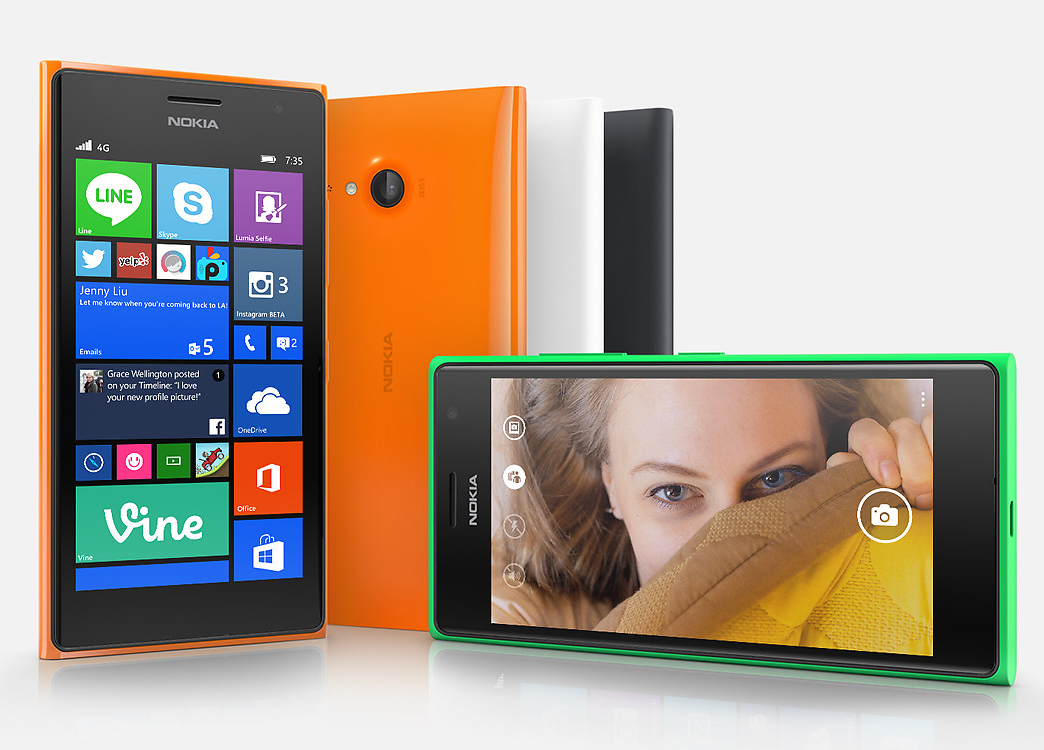

Last week, BBC said it was going to kill off the iPlayer application for Windows Phone because of cost reasons.
Basically, it didn’t see the point of maintaining a client for an aging platform that was only used by a handful of people when Windows 10 users could access iPlayer via the Microsoft Edge browser.
Given the BBC is obligated to ensure its services are available to anyone who wants them no matter that platform they opt for, it was a sign of the demise of Microsoft’s mobile operating system.
Windows Phone 7 and 8 were well received but struggled to gain any serious traction apart from in Europe and in the mid-range market. Nokia handsets were also critically acclaimed, but the absence of key applications and the dominance of Android and iOS meant the writing was on the wall.
The platform has since been superseded by Windows 10 Mobile, Microsoft’s one operating system to rule them all.
But we thought it was time to remember Windows Phone so…
Apple fined 150m euros over App Tracking Transparency feature that it says abuses Apple's market…
OpenAI to release customisable open-weight model in coming months as it faces pressure from open-source…
Samsung's Bespoke AI-powered fridge monitors food to create shopping lists, displays TikTok videos, locates misplaced…
Huawei sees 38 percent jump in consumer revenues as its smartphone comeback continues to gather…
In world-first, China approves commercial flights for EHang autonomous passenger drone, paving way for imminent…
Microsoft closes down IoT and AI lab it operated in Shanghai tech district in latest…